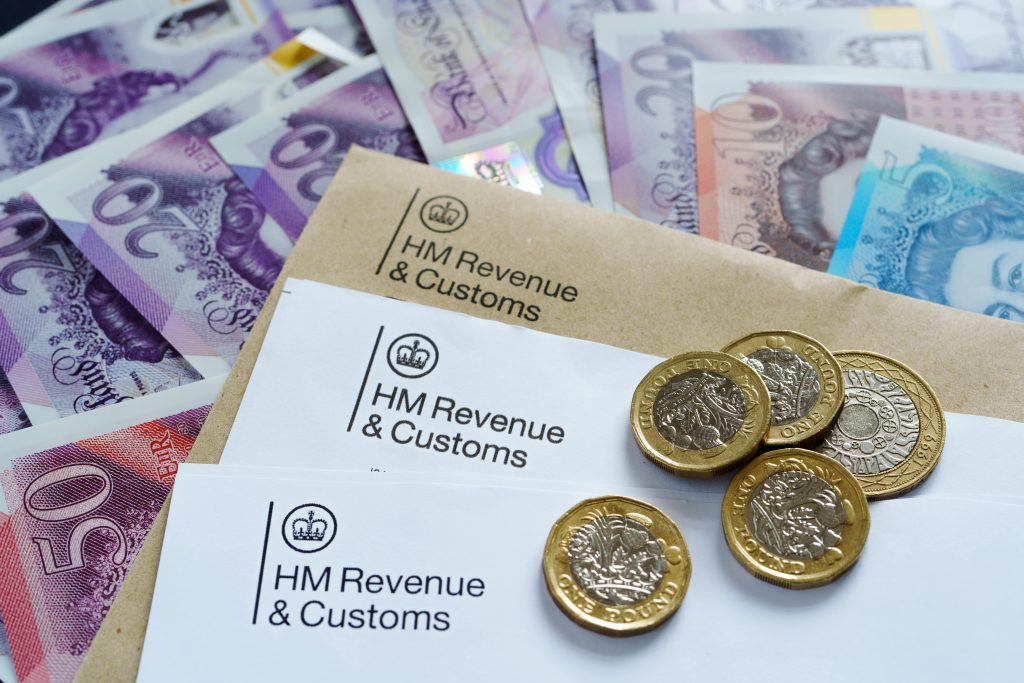The starting gun on the UK election has sounded. Yesterday, the first out of 121 days, proved eventful. David Cameron has come out of the starting blocks by flagging the prospect of an early referendum on EU membership, while Ed Miliband kicked off his campaign in a speech in Manchester.
He set out his plan to make Britain more just, more equal and more prosperous . In his speech, Miliband said: Millionaires have reaped huge benefits from the Tory plan. There is no doubt about that. But for the first time since the 1920s, working people will be worse off at the end of a government than they were at the beginning.
But investors will no doubt be wondering what the forthcoming election will mean for the UK stock market, something that has yet to be addressed. Should they be so concerned though
Laith Khalaf, senior analyst at Hargreaves Lansdown, explains that the UK election is clearly a significant event in the calendar this year, and we can expect wobbles as the market broods over what the polls mean for UK membership of the EU, public spending and the budget deficit.
However, Khalaf also suggests that it is often global events which tend to move the UK stock market.
Taking a closer look at the FTSE 100, two thirds of their revenues now come from overseas. That the UK election would shake the stock market to a tremendous degree is perhaps unlikely. What investors should be looking at are global events such as the monetary policy of the US Federal Reserve and the ECB.
Investors shouldn’t therefore expend too much energy on second guessing which way the election is going to go, and what effect this will have on UK stocks,” Khalaf said. Instead it is better to focus on the long term when it comes to investing. Chances are, when we look back on market performance in 2015, it won’t be the election we are talking about.
Still don’t believe it Although the stock market has had its ups and downs, the UK market has risen in five of the last six month periods both before the vote and afterwards.
In 1987, Margaret Thatcher won her third term in office. And over the election year the market returned 5.4 per cent. However there was a 30 per cent market fall during this period.
This huge market movement had nothing to do with the election though,” said Khalaf. Indeed, the 1987 stock market crash began in the US and spread across global markets.
In much the same fashion, the 1992 election, won by John Major, only had minor ties with the stock market. As it was just emerging from the recession, Britain’s exit from the European Exchange Rate Mechanism was the headline story.
Although the newly elected government had made the decision, it was because they were left no choice by movements in the currency market .
Despite this, the UK stock market returned 1.2 per cent over the election year.
1997 saw the beginning of Tony Blair’s rise to Prime Minister. It was also a fantastic time for the UK stock market, which returned 21.8 per cent over the election year.
Having said that, US and European markets returned far more than that of the UK stock market.
During his second reign he won again in 2001 the stock market wasn’t as lucky. In fact, it was the one election year out of the last six when the UK market fell, returning -12.3 per cent. But this had little to do with politics. The market was already reeling from the effects of the tech bubble crash when the terrible events of 9/11 sent stocks spiralling down even further.
Of course, when he won for a third time in 2005, the FTSE had another strong period, returning 19.4 per cent over the election year.
This time the rally was driven by stock prices reacting to a rapid expansion in company profits,” suggests Khalaf.
In the last election, that of 2010, although the year proved volatile it returned 19 per cent. Yet again, however, most of the fluctuation was caused by the eurozone crisis, the BP oil spill and the QE2 in the US.
Image source
























































































































































